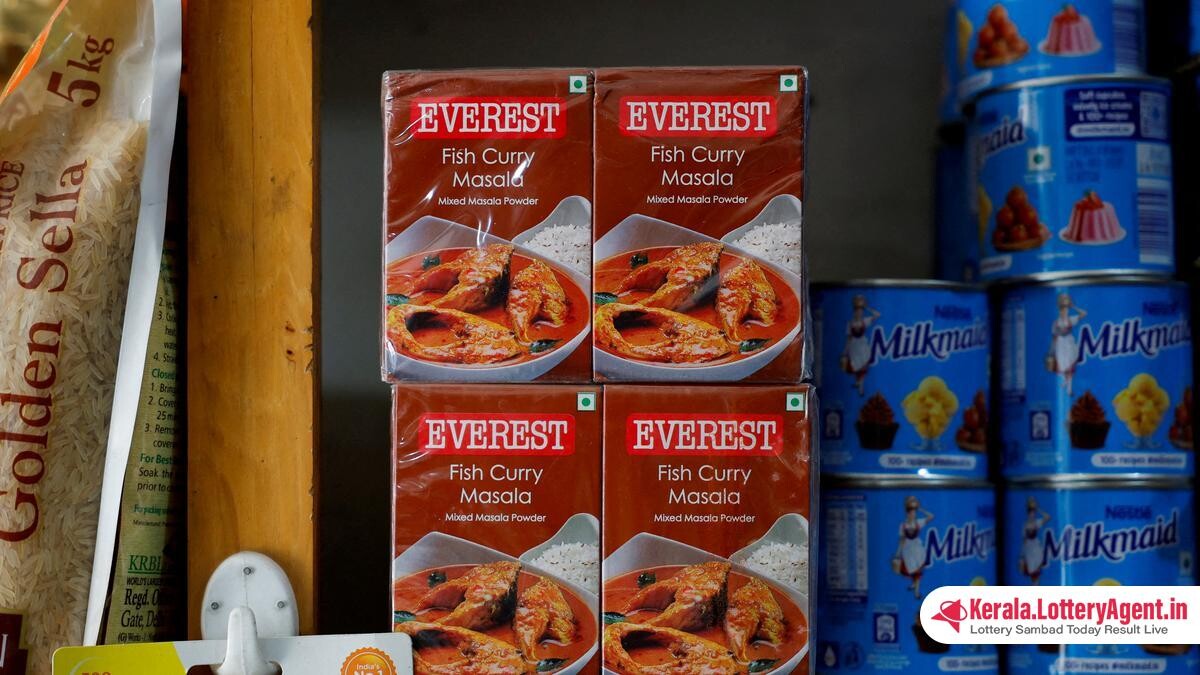
The U.S. Food and Drug Administration (FDA) is currently undertaking an investigation into the spice products of prominent Indian manufacturers MDH and Everest. This action comes in the wake of Hong Kong’s decision to suspend the sale of certain spice blends from these companies due to allegations of contamination with carcinogenic pesticides.
As global trade becomes ever more intertwined, this situation underscores the intricate vigilance of international health and safety regulations. Reports have come to light that the FDA has been prompted to look into the matter more closely. An agency spokesperson, addressing the concerns, conveyed to Reuters, “The FDA is aware of the reports and is gathering additional information about the situation.”
Hong Kong’s swift response this month involved the suspension of sales of three MDH spice blends alongside an Everest mix designed for fish curries. At the heart of the controversy is the detection of elevated levels of ethylene oxide, a chemical considered harmful for human consumption and associated with an increased risk of cancer following prolonged exposure. Singapore mirrored these safety precautions, mandating a recall of the aforementioned Everest spice mix.
MDH and Everest, whose spices hold a strong market presence in India and are exported across Europe, Asia, and North America, have experienced a significant impact from these developments. Neither company provided comments when approached by Reuters regarding the issue.
Historically, Everest has assured consumers that their spices are safe for consumption. MDH, on the other hand, has yet to issue a response to the queries about its products that have surfaced amidst these concerns.
In reaction to the measures taken by Hong Kong and Singapore, India’s own food safety watchdog, the Food Safety and Standards Authority of India (FSSAI), has initiated a review of the quality standards maintained by the two spice giants. Meanwhile, the Spices Board, which is India’s governmental body regulating the export of spices, acknowledged that it had requested export data from authorities in Hong Kong and Singapore. The Board also detailed that it is collaborating with MDH and Everest to ascertain the “root cause” tied to these quality issues, paralleled by inspections that have commenced at their manufacturing plants.
This is not the first instance where MDH has encountered quality control challenges in the international domain. In 2019, a recall was initiated for some of MDH’s products in the U.S. due to concerns regarding salmonella contamination.
These recent events serve as a critical reminder of the ever-present need for rigorous quality control measures within the food industry, especially as products navigate through complex global supply chains. The movement of food products across borders accentuates the role of national regulatory bodies like the FDA in ensuring that consumer safety is not compromised.
As the investigation unfolds, the inevitable questions about the potential impact on the reputation and economic interests of the Indian spice industry come to the forefront. Regulators, manufacturers, and consumers alike are keenly observing how MDH and Everest, the household names in spices, navigate through the challenges posed by this contamination scare.
The regulatory scrutiny is bound to ratchet up with the involvement of the FDA, as consumers worldwide seek reassurance that the spices they use to flavor their dishes meet the highest standards of safety, devoid of unwanted and harmful contaminants.












